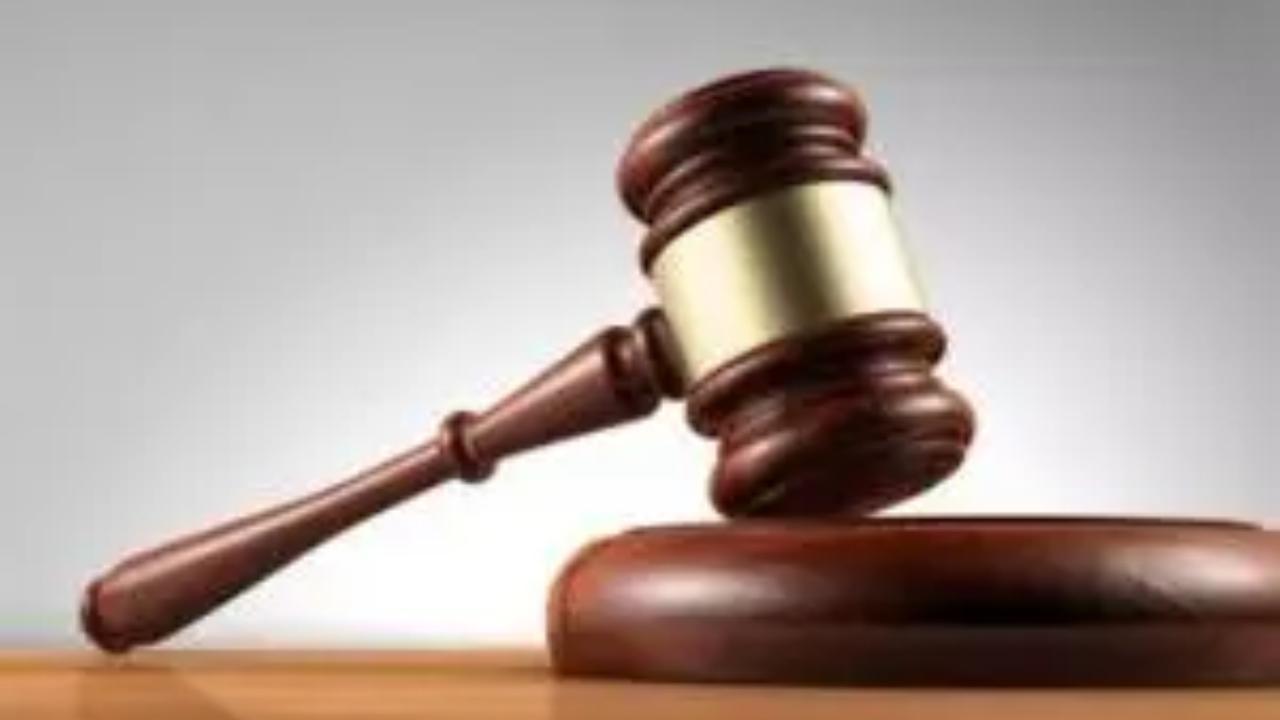A district court has ordered that the keys of the basement located in the Gyanvapi complex in Varanasi, known as "Vyas ji ka tehkhana", be handed over to the district magistrate

Representation image
A district court has ordered that the keys of the basement located in the Gyanvapi complex in Varanasi, known as "Vyas ji ka tehkhana", be handed over to the district magistrate.
ADVERTISEMENT
District Judge AK Vishwesh said in his order on Wednesday that there is a need for taking proper care of the basement of Vyas ji located at the southern end of the complex, Hindu side's counsel Madan Mohan Yadav said, according to a PTI report.
Also Read: Gyanvapi mosque case: Varanasi court to rule Friday on making ASI survey report public
"Therefore, district magistrate of Varanasi is appointed receiver of Vyas ji's basement," the court said.
Yadav had earlier said that authorities had barricaded and locked the basement in 1993. Prior to it, the basement was used for worship by Somnath Vyas, a priest, Yadav had claimed in his plea.
Meanwhile, the court in Uttar Pradesh's Varanasi is set to make a decisive ruling regarding the release of the sealed Archaeological Survey of India (ASI) report on the Gyanvapi mosque case.
The ASI had sought a delay in making the report public, urging the court to wait for at least four more weeks, as revealed by Madan Mohan Yadav, the lawyer representing the Hindu side.
Also Read: Gyanvapi row: Allahabad High Court rejects suits file by Masjid Committee
The legal proceedings have taken a complex turn, with the ASI filing a fresh application, requesting extension before disclosing the survey report.
The ASI's application emphasized compliance with the Allahabad High Court's order from December 19, 2023, in a related case (suit no. 610/1991 Ancient Idol of Swayambhu Lord Vishweshwar vs. Anjuman Intezamia Masjid).
Allahabad High Court in December 2023, dismissed pleas challenging the maintainability of a 1991 lawsuit seeking the “restoration" of a temple where the Gyanvapi mosque stands and observed that the "religious character" of a disputed place can only be decided by the court.
(With PTI Inputs)
 Subscribe today by clicking the link and stay updated with the latest news!" Click here!
Subscribe today by clicking the link and stay updated with the latest news!" Click here!








